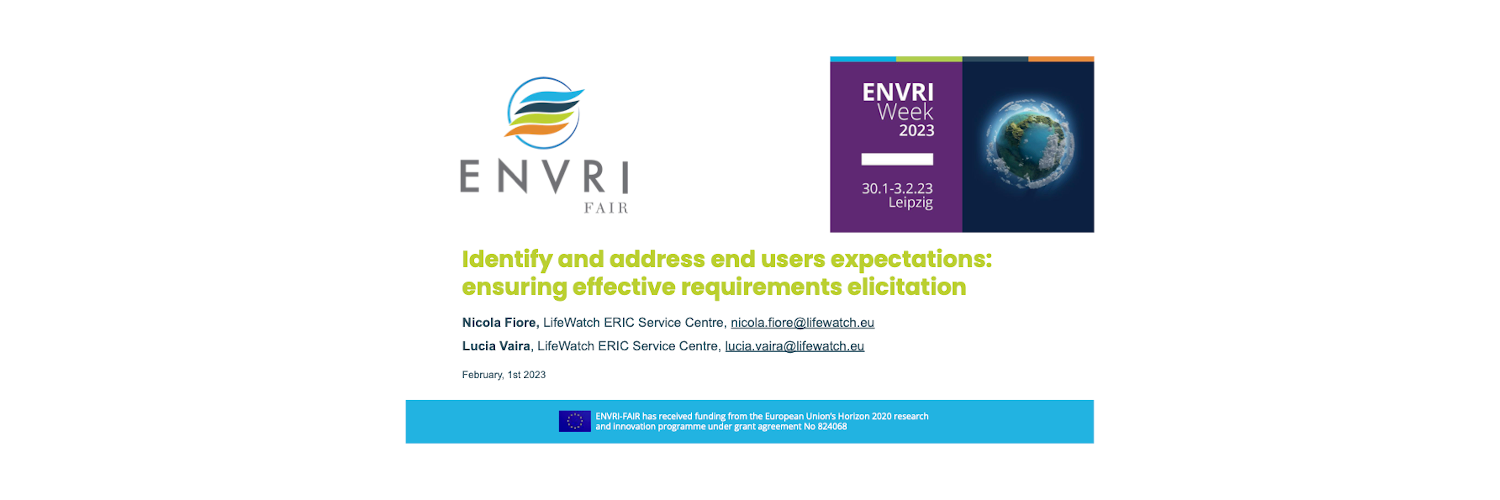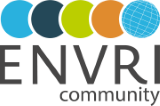Requirements Elicitation - Identify and address end users expectations

This catalogue respects all FAIR guidelines and best practices. It is based on the IEEE Standard for Learning Object Metadata (IEEE 2002) that has been customised in order to be compliant with the EOSC Training Resource Profile - Data Model.
Description
The FAIR Service LifeCycle starts with Requirements Elicitation. As a first, foundational, phase, Requirements Elicitation is crucially important in the design and development of any new application. Poor or wrong decisions during the elicitation phase lead to critical failures of the systems. At the same time, it is basically impossible to identify appropriate requirements and address the users’ needs without the help of elicitation techniques and processes. The most common challenge for analysts during the elicitation process is ensuring an effective communication between themselves and the users. Indeed, system errors and failures frequently originate from poor communication between users and analysts.
A 90-minute interactive training session (workshop) will focus on presenting the main elicitation techniques, examining their implementation in the design and development of FAIR services, and discussing main challenges and lessons learned.
1 - General
requirements elicitation
ENVRI FAIR
ENVRI Week
2 - Life Cycle
2.3 - Contribute
3 - Educational
Research organisations
Research Infrastructure
Other
4 - Technical
R2: API (Application Program Interface) design for data & metadata access
R3: Cataloguing - design & implementation
R12: Portal design & operation
5 - Relation
Details
| Code | 67 |
|---|---|
| Uploaded by | Cosimo Vallo |
| Available since | 29/06/23 15:36 |
